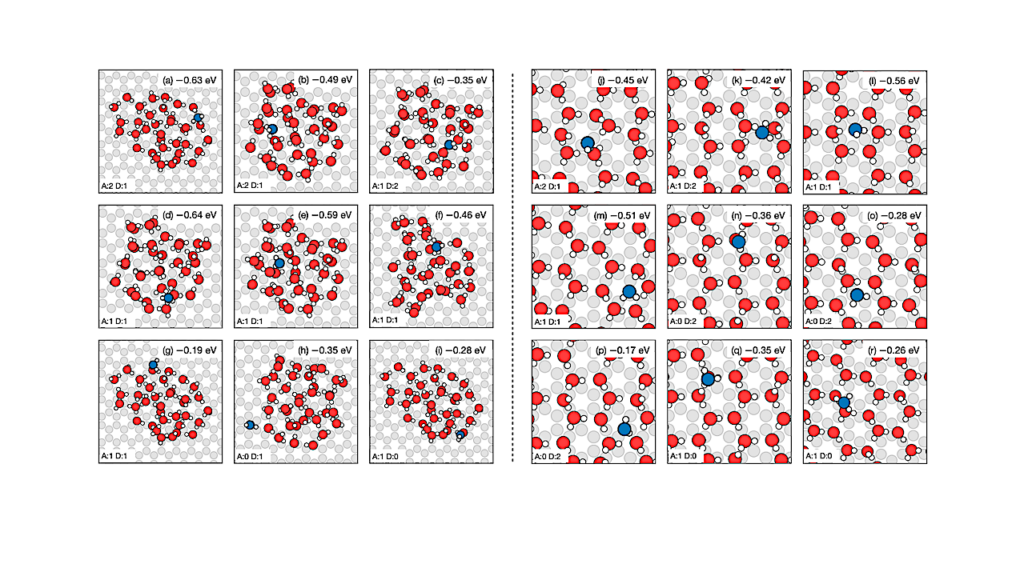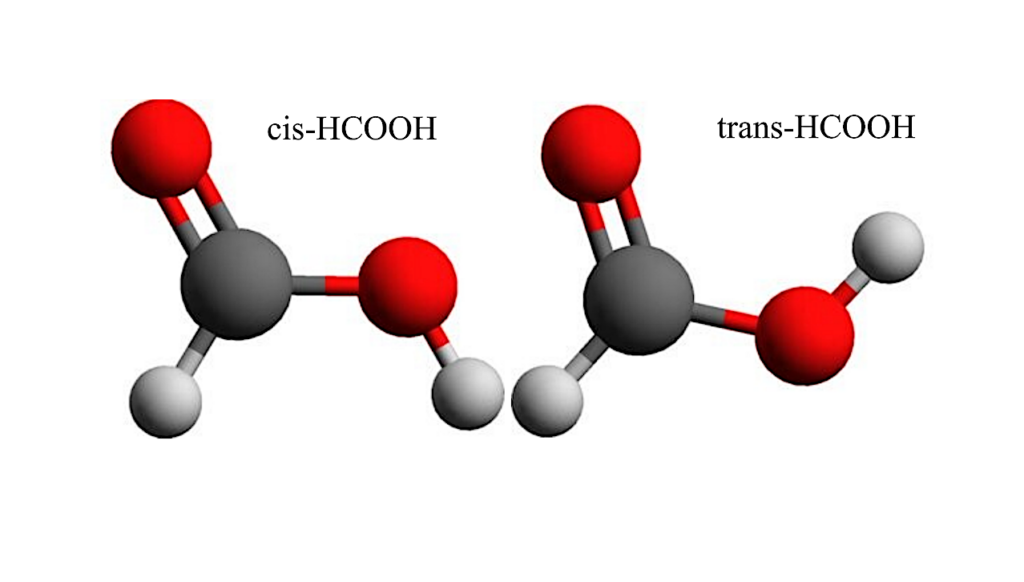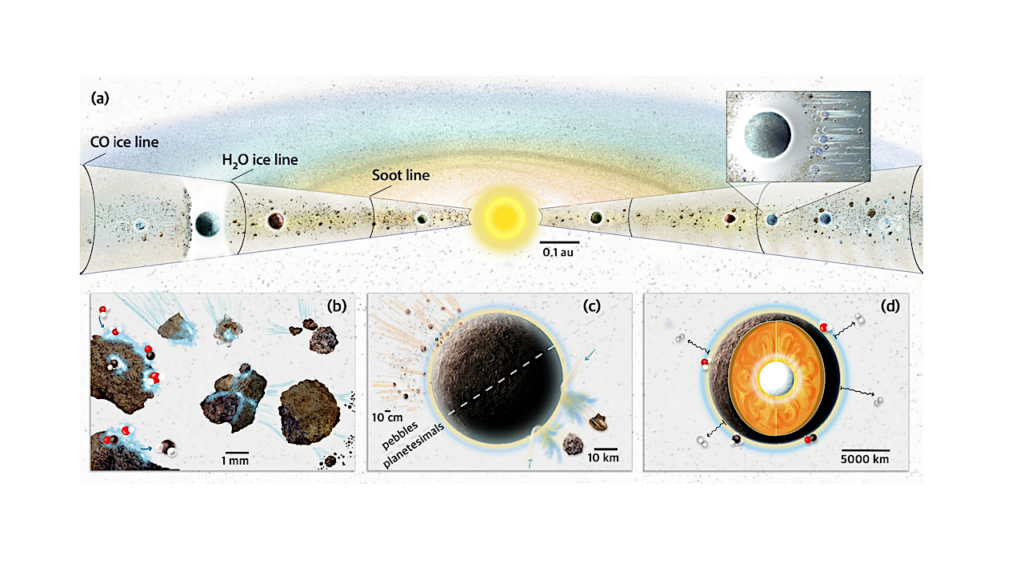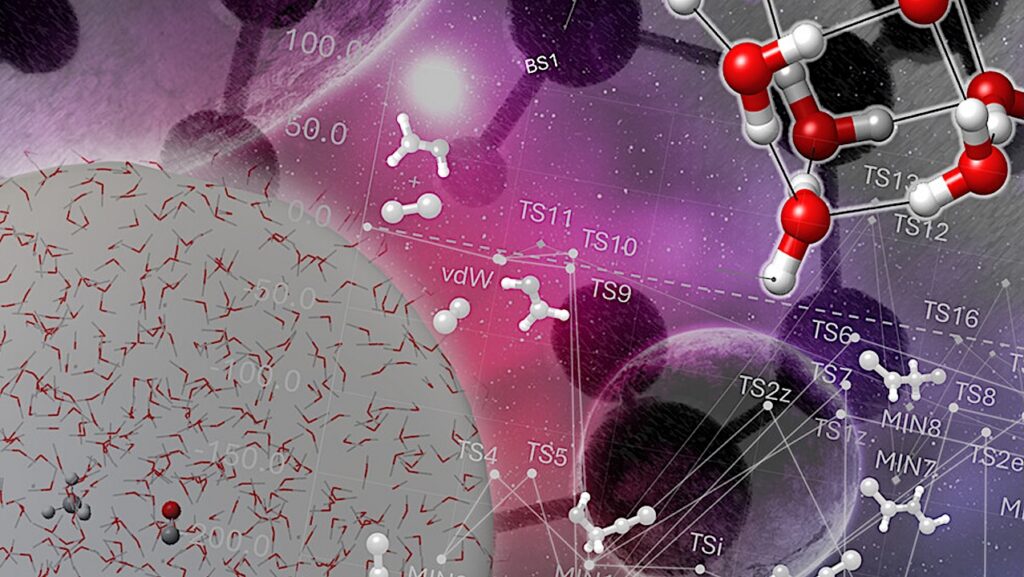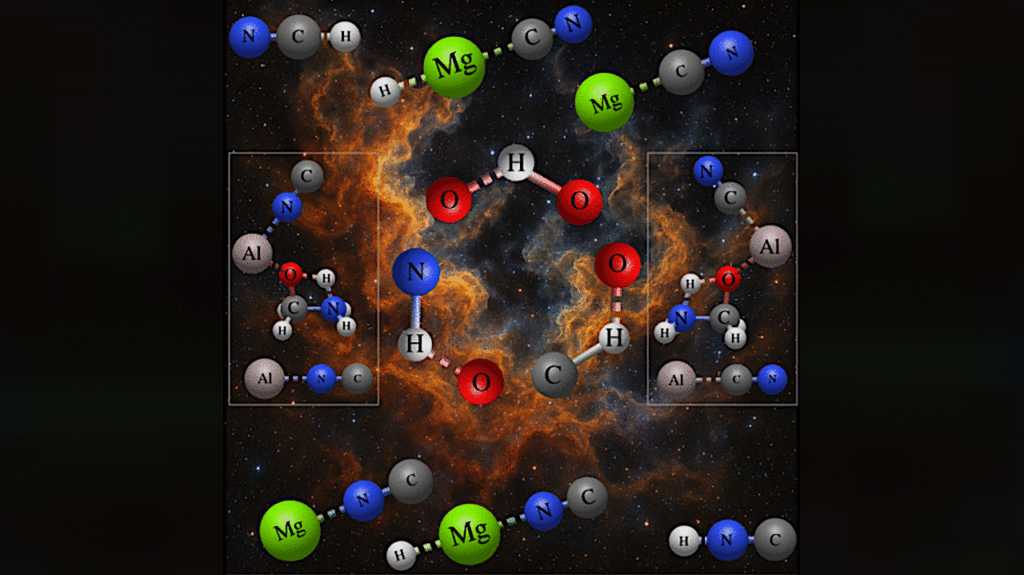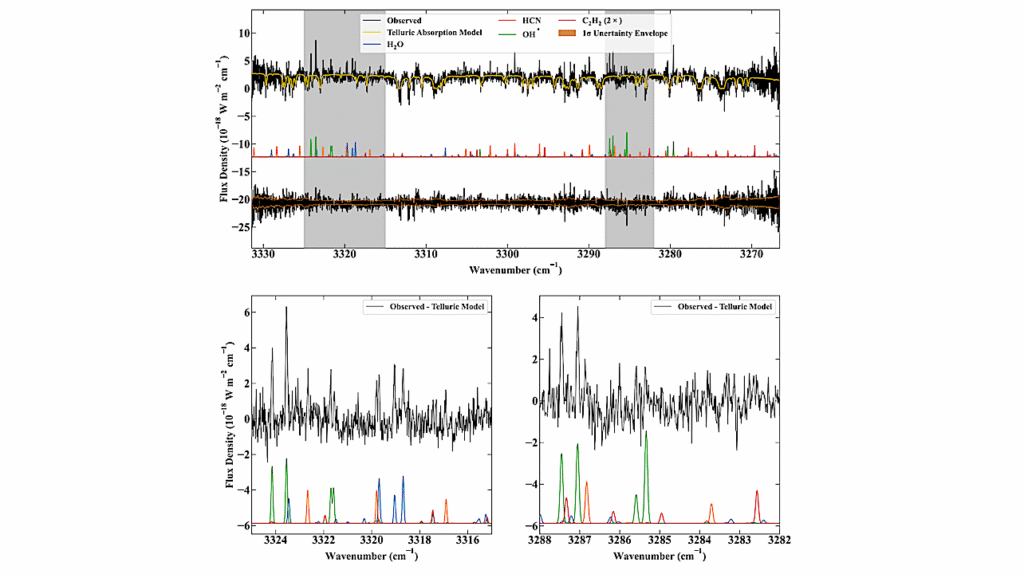James Webb Space Telescope (JWST) Summer School August 2025

The inaugural STScI James Webb Space Telescope (JWST) Summer School — from August 4 to 15, 2025 — will focus on High-Redshift Transients with JWST. Early career scientists, new JWST researchers, and researchers new to the field are encouraged to join.
The school will last two weeks: the first week will focus on high-z transients science, featuring lectures relevant to the field; the second week will focus on observational and analytical techniques, where participants will learn to create a JWST program, and analyze and exploit JWST high-z transient data.
With its superb sensitivity and infrared capabilities, JWST has opened a new and exciting window into Time Domain Astronomy (TDA) science, which was named a top priority for Astronomy and Astrophysics by the 2020 Decadal Survey.
By detecting redder and fainter sources, JWST allows us to explore the early universe better and probe the epoch of reionization and first stars. It also provides insights into high-energy physics and explosion mechanisms.
The year 2025 will see a wealth of new data relevant for TDA as the Rubin Telescope begins science, two new JWST data sets will be publicly available (COSMOS-3D and NEXUS), and JWST follow-up/Target of Opportunity proposals are expected to be submitted.
Registration will open soon. For more information please visit our event webpage or contact the conference organizers: [email protected].
Science Organizing Committee
Mic Bagley (NASA)
Stacey Bright (STScI)
Caitlin Casey (University of California, Santa Barbara)
Christa DeCoursey (University of Arizona, Tucson)
Chris Evans (ESA)
Macarena Garcia Marin (STScI/ESA)
Jeyhan Kartaltepe (Rochester Institute of Technology)
Patrick Kelly (University of Minnesota)
Dale Kocevski (Colby College)
Erini Lambrides (NASA)
Mercedes Lopez Morales (STScI)
Takashi Moriya (National Astronomical Observatory of Japan)
Robert Quimby (San Diego State University)
Neill Reid (STScI)
Armin Rest (STScI)
Lou Strolger (STScI)
Haojing Yan (University of Missouri)
Astrobiology


